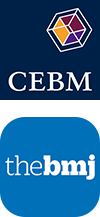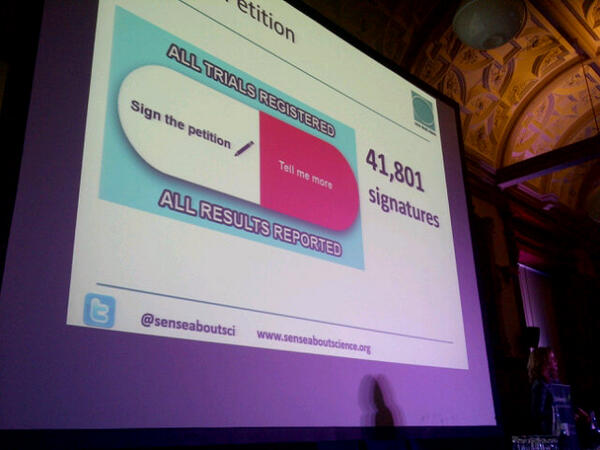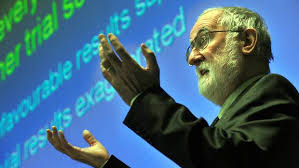I have taken this opportuntiy to post the 2013 editorial I co-wrote with Fi Godlee, Editor in chief of the BMJ
(see the BMJ 2013; 346 doi: http://dx.doi.org/10.1136/bmj.f766)
A BMJ conference aims to inspire a new generation of evidence creators and consumers
Evidence based healthcare has taken root as one of the central pillars of modern medicine. Arguably, the delivery of healthcare based on evidence has never been more important as we grapple with unexplained variations in practice and spiralling healthcare costs. But despite its widespread acceptance as a mechanism for rational decision making, evidence based healthcare remains in many ways an ideal rather than a fully fledged reality. On top of its well rehearsed limitations,1 new challenges are undermining its potential to improve healthcare outcomes.
First though, let us acknowledge the progress that has been made since evidence based medicine was first articulated in the early 1990s.2 Systematic review was then in its infancy, and methods for searching, selecting, and meta-analysing data have advanced almost beyond recognition. Our expectations of the quality of reporting for clinical trials and other study designs have risen sharply thanks to the widespread adoption of checklists, such as those created by the Equator network (www.equator-network.org). Trial registration and protocol deposition now provide a means of tracking trials from their outset, with the potential to chase up trials whose results have not been published. And the growth in open access to research means that more and more studies are available in full online.
Yet these undoubted advances have been accompanied by less welcome realisations. The exponential growth in the number of reported studies stretches our ability to retrieve relevant reliable evidence and to keep synopses and clinical guidelines up to date.3 And it seems that the more we scrutinise the available results of this growing body of research, the more sceptical about its credibility we become. Much published research is of poor or uncertain quality, and an unknown proportion of research is never published. A recent review of research funded by the National Institutes of Health found that only a small number of trial reports are analysed in up to date systematic reviews, and a seemingly obvious requirement—that all relevant evidence should be available for analysis when trying to answer a clinical question—remains unmet.4
This leaves us with increasingly sophisticated methodological tools but not the raw materials (reliable data) to answer with certainty some common clinical questions, such as is cholesterol lowering effective for primary prevention of cardiovascular disease, is breast cancer screening cost effective, what target blood pressure should we aim for when treating hypertension, how do we deliver care for chronic diseases in the developing world, and are antivirals effective for preventing and treating influenza?
Better diagnosis is one key to unlocking unrealised health gains. Earlier diagnosis could be achieved by making some tests more available and easier to access, but how can we do this without increasing the burden of false positive results? Diagnostic tests need to be cheaper and more accurate. Yet the evidence base and the methods for evaluating diagnostic strategies continue to lag behind the far better resourced research on treatments. Without progress on this front, and on the communication of risk, the usefulness of decision aids for evidence based partnership between patients and their clinician advisers will be severely limited.
Nor do we yet have adequate infrastructures to protect the evidence base from avoidable bias. Healthcare is the fastest growing business in the world and is beset with commercial interests. Yet it is becoming increasingly obvious that current legislation and regulations on the safety and efficacy of drugs and medical devices are not fit for purpose.5 The structures and culture of academic research also have ways of introducing bias.6
Then there is perhaps the most difficult question facing every health system in the world: how will we pay for healthcare? Only by rigorous application of the best evidence can we be sure that health systems will deliver true value. But what constitutes the best evidence and how do we apply it effectively to clinical practice and health policy?
Now in its fourth year, a partnership between the BMJ and the Oxford Centre for Evidence Based Medicine aims to provide a forum for exploring, if not answering, some of these questions. EvidenceLive, a conference in Oxford from April 13th to 14th, will bring together 500 participants including some of the world’s most distinguished, informed, and argumentative evidence experts for two days of animated debate. A programme for students and junior doctors means that a new generation of creators and consumers of evidence will also have their say. For those who can’t be there in person, there will be Twitter (use #evidencelive), videos, and coverage in the BMJ.
Hopefully See you there Carl.




